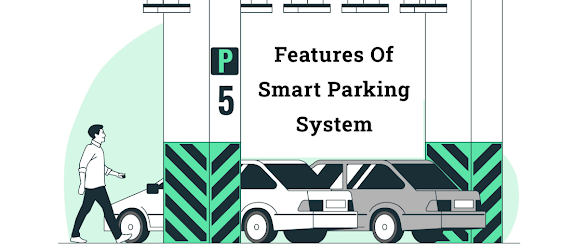2.PROJECT AIM & PURPOSE
Aim:
The primary aim of creating a series of blogs on the Smart Parking Management System with a MERN website without IoT is to inform and educate readers about a practical and cost-effective approach to parking management. These blogs are designed to highlight the advantages, functionalities, and potential limitations of a non-IoT system, offering insights and guidance for parking facility operators, technology enthusiasts, and urban planners.
Purpose:
- Inform and Educate: The blogs aim to inform a diverse audience about the potential of a Smart Parking Management System developed with the MERN stack, showcasing its capacity to provide real-time parking data without relying on IoT sensors.
- Cost-Effective Solutions: The purpose is to emphasize the cost-efficiency of this system, making it accessible to a wide range of businesses and municipalities seeking parking management solutions within budget constraints.
- User-Focused Approach: By explaining the user-friendly features and accessibility of the system, the blogs serve the purpose of highlighting the focus on enhancing the user experience in parking management.
- Overcoming Limitations: The blogs address potential limitations of non-IoT systems, such as data accuracy and scalability, with the purpose of providing insights into how these challenges can be managed effectively.
- Technical Insights: Technology enthusiasts and developers can gain insights into the architecture and development of a MERN-based parking management system, contributing to their technical knowledge.
- Future Possibilities: The purpose is to explore the future possibilities of enhancing and expanding the system, keeping readers informed about the evolution of parking management technology.
- Sustainability: Blogs discuss how non-IoT systems can contribute to sustainability efforts in terms of cost savings, reduced maintenance, and operational efficiency.
- Urban Planning: By examining the integration of parking data into urban planning, the purpose is to enlighten city planners and authorities about the broader applications of such a system.
- Promote Discussion: The blogs aim to encourage discussion and dialogue among readers, allowing for the exchange of ideas, best practices, and potential improvements in parking management.
- Access for All: The blogs seek to promote the idea that efficient parking management should be accessible to all, regardless of the budget or technical resources.




Comments
Post a Comment